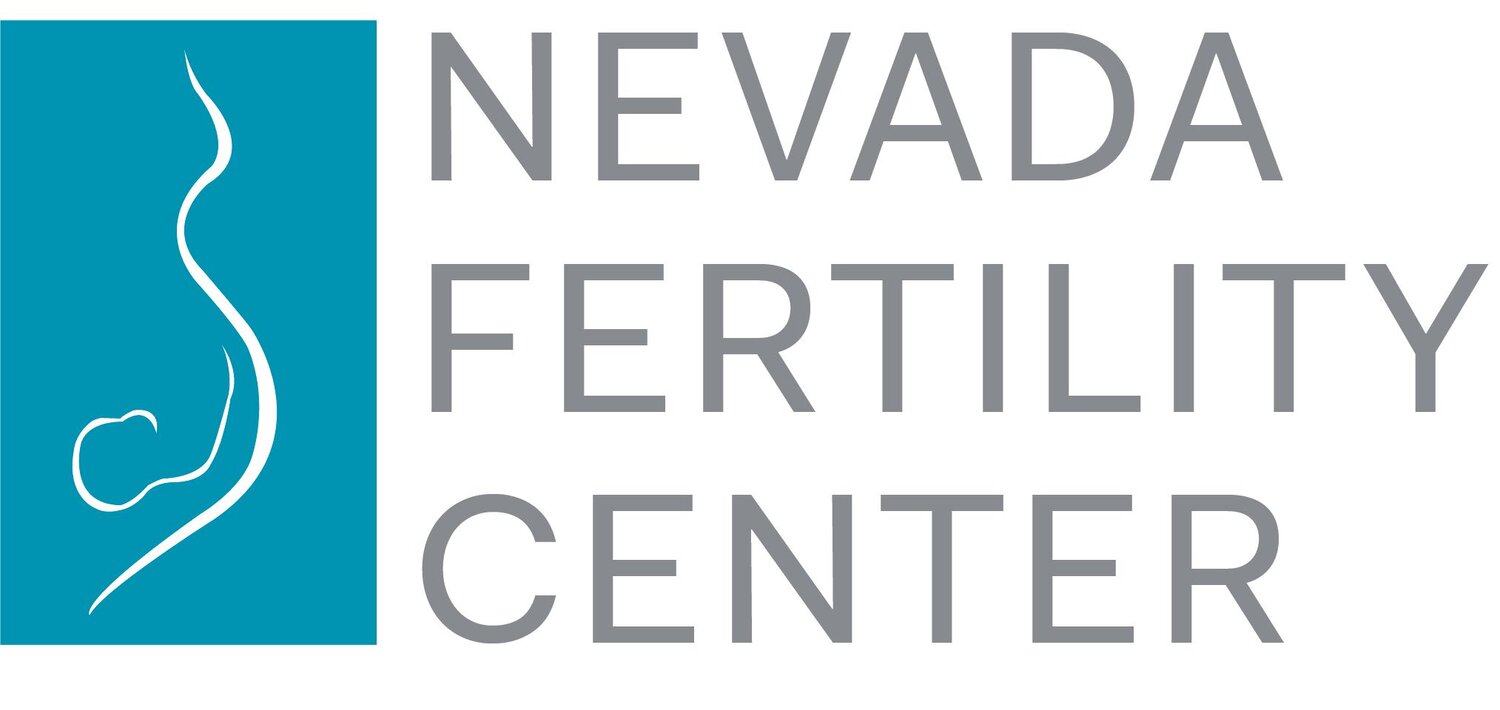Egg Donor IVF: Everything You Need to Know
September 17, 2020
What is Donor Egg IVF?
The fertility egg donation process involves retrieving eggs from a woman who has normally functioning ovaries. Following egg retrieval, the eggs are fertilized in the in vitro fertilization (IVF) lab using sperm from the receiving couple's partner, or in certain situations with donor sperm.
Donor Egg IVF at NFC: Accessibility & Affordability
Nevada Fertility Center has an international reputation for excellence in providing egg donation services. The physicians at Nevada Fertility Center have helped over 1,000 of couples become parents through egg donation.
In addition, Nevada Fertility Center has some of the most affordable options to become parents using an egg donor. We have access to one of the largest egg donor registries in the world (Cryos International).
Top Reasons to Use Donor Eggs for IVF
Age & DOR
Given advanced age and the often associated diminished ovarian reserve that accompanies age is associated with lower odds of IVF success, many choose donor eggs to improve their odds.
Male Couples
Gay men wanting to have a genetically related child will need to have an egg donor accompanied by a gestation carrier or surrogate.
Single Men
For similar reasons as gay men, single men looking to become fathers of genetically related children will need an egg donor coupled with a gestational carrier or surrogate.
Cancer Survivors
Post cancer fertility treatments often require donor eggs unless the woman was able to preserve their fertility prior to undergoing their life-saving cancer treatment.
Genetics
Some are born without ovaries or with non-functioning ovaries. Others have genetically related diseases that are difficult or impossible to screen for making the transfer of the disease likely.
How to Select an Egg Donor
An egg donor could be a family member, friend, or someone anonymous based on the characteristics you prefer in a donor. Any potential egg donor should be screened as follows:
History of birth defects or hereditary diseases
Medical and social history
Physical examination
Psychological screening
Testing for sexually transmitted diseases
We’ve partnered with Cryos, a bank providing the world’s largest selection of egg and sperm donors, to provide our patients the highest quality selection of egg and sperm donors. Learn more about the egg donor or sperm donor selection process here.
The Egg Donation Cycle
The egg donor will use the same medications that a woman would use to stimulate her own egg development in planning for in vitro fertilization. Ovulation induction will be done using medications. These medications help stimulate the production of multiple eggs in the ovary and help control proper timing of ovulation. The donor will be monitored through ultrasound and blood work to determine when her follicles have developed. The hormone hCG is then administered and the eggs are retrieved about two days later.
The Recipient Couples’ Cycle
Ideally, the donor’s cycle and the recipient’s cycle are synchronized. This is accomplished using a combination of two or three hormonal medications (Lupron, Estrogen). Having both the donor and recipient on identical cycles offers the best chance of having the lining of the recipient’s uterus prepared to support the embryo.
The male partner will provide a semen sample on the same day that eggs are retrieved from the donor. The semen and eggs are fertilized in a laboratory using in vitro fertilization.
Progesterone treatment begins on the day the eggs are retrieved from the donor, and Lupron® injections are discontinued two days before the egg retrieval. The embryo transfer normally occurs five days after the eggs were initially retrieved. 10 days later a blood test is performed to determine if pregnancy has occurred. Donor recipients who become pregnant will stay on both progesterone and estrogen until about 10 weeks into the pregnancy, when the placenta can provide these hormonal needs on its own.
Success Rates of Pregnancy Using Donor Eggs?
The success rate will vary depending upon age of eggs, retrieval process, quality of semen, and the overall health of the women involved. In most cases, younger eggs are preferable.
Risks of Egg Donation?
Egg donation involves the same risks as in vitro fertilization and embryo transfer. There is an increased chance that the pregnancy will involve multiples and the same 3-5% risk of birth defect as natural pregnancy.
Side-effects from medications can include hot flashes, feelings of depression, headaches, and sleeplessness.
In rare cases, donors may experience ovarian hyper stimulation syndrome which involves a painful swelling of the ovaries. Other symptoms include nausea, vomiting, abdominal pain and shortness of breath. Contact your healthcare provider immediately if you experience any of these symptoms.
Common Questions and Concerns
How much does the process cost? Total costs typically range from $12,000 to $20,000. It is important to find out what is included and what is not included in the fee structure: donor fees, in vitro fertilization, embryo transfer, medications, embryo freezing, etc.
What are the legal concerns? Laws tend to vary from state to state, but there should be little concern about parental rights. No matter whether the donor is known or anonymous, legal contracts can be written that remove all parental rights of the donor.
How many eggs should be retrieved, fertilized, and transferred? In most cases fertility specialists will remove as many eggs as possible during the retrieval process. This provides the opportunity for additional procedures if the first attempt is unsuccessful. The number of embryos that should be transferred during any single IVF cycle has been the subject of much discussion and debate. Some experts believe that transferring one embryo per IVF cycle will yield optimal results and reduce the risk of multiple pregnancies and other complications. It is important to discuss these and other questions with a fertility specialist.
Compiled by Nevada Fertility Center using American Pregnancy Association: www.americanpregnancy.org, American Society for Reproductive Medicine (ASRM): www.asrm.org

